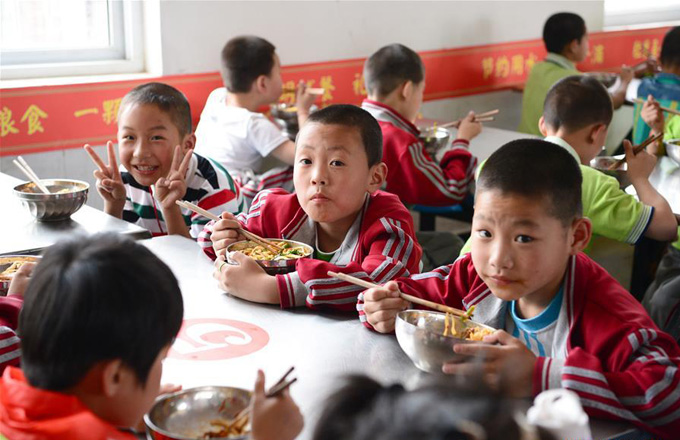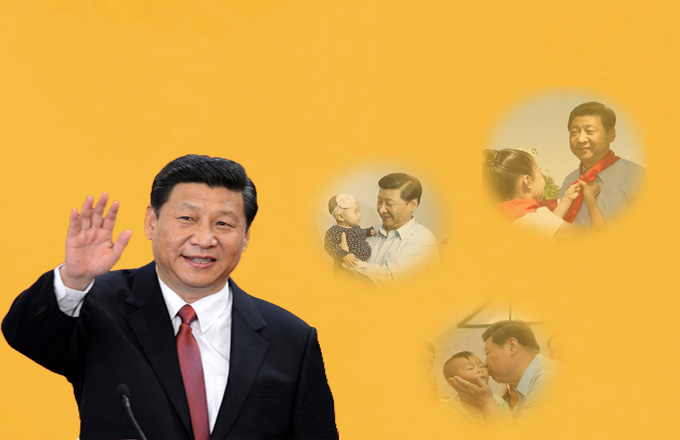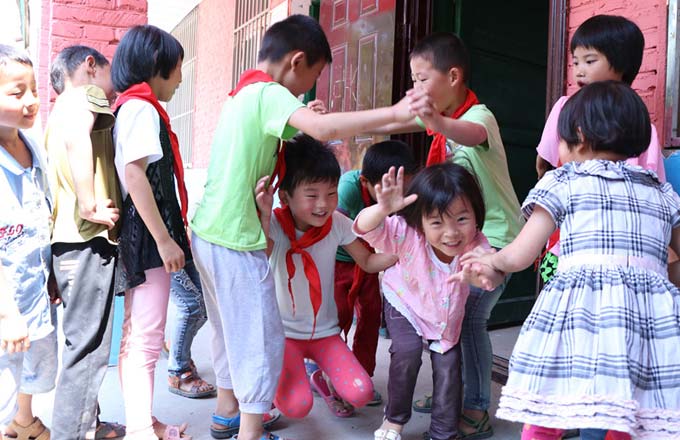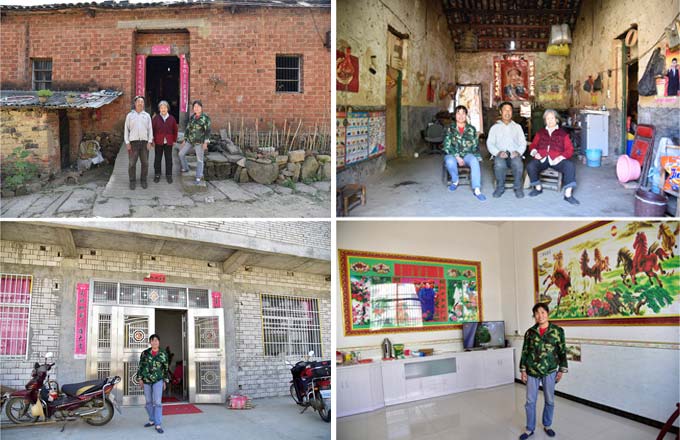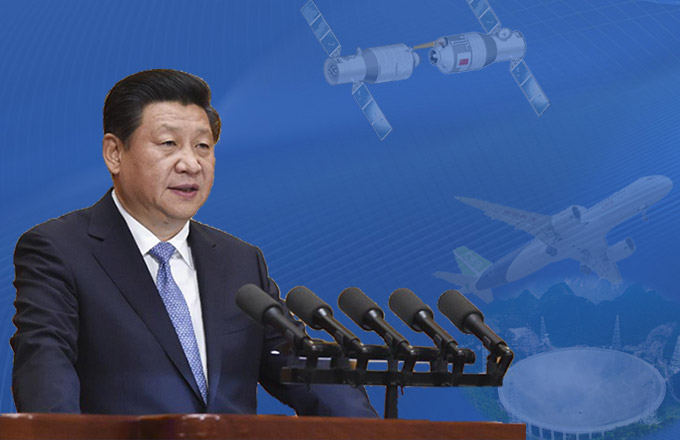Full Text: Human Rights in Xinjiang - Development and Progress
VII. Right to Freedom of Religious Belief
Subject to the basic principles of "protecting the lawful, banning the unlawful, containing the extremist, resisting penetration, and punishing crime," the state and the autonomous region fully implement the policy of freedom of religious belief, protecting normal religious activities and ensuring the public's freedom of religious belief in accordance with the law.
Freedom of religious belief is respected and protected. It is stipulated in the Constitution of China, "Citizens of the People's Republic of China enjoy freedom of religious belief." This principle is also reflected in the Regulations on Religious Affairs promulgated by the State Council and the Regulations on Religious Affairs of the Xinjiang Uygur Autonomous Region. It is up to the individual concerned to make his or her free decision to believe in or not to believe in any religion, and to believe in one religion or another. Citizens shall not subject to discrimination or unfair treatment because they believe in, or do not believe in, any religion. Anyone who encroaches on the citizens' freedom of religious belief shall bear legal liability. Xinjiang has strengthened its management of religious affairs in accordance with the law, protecting venues for lawful religious activities. It has implemented a policy for planning and organizing pilgrimages to Mecca, and has strengthened services to ensure that all such pilgrimages are safe and orderly.
Normal religious needs have been satisfied. Xinjiang has published translations of the religious classics of Islam, Buddhism, and Christianity in multiple languages. It has printed and distributed 1.76 million copies of the Quran and Selections from Al-Sahih Muhammad Ibn-Ismail al-Bukhari. Xinjiang Muslims, a periodical established in 2015, publishes in Uygur, Han Chinese, and Kazak. An internet portal for Xinjiang's Muslims is available in Uygur and Han Chinese. Religious organizations have organized training courses on religious knowledge and etiquette for citizens with religious beliefs.
Legitimate rights of religious organizations have been effectively safeguarded. Xinjiang has 112 religious organizations, which receive help from the government to improve their conditions and allow them to play a broader role. Steady improvements have been made in the training system to cultivate clerics, by offering them systemic training, enhancing their overall qualities, and raising religious organizations' capacity of self-management. The government organizes trips for Xinjiang's clerics to study in the more developed parts of China and exchange with their counterparts there, so that they may broaden their vista and improve their overall qualities. The central government supports the Xinjiang Islamic Institute in expanding its campus, improving teaching conditions, and enrolling more students.
Overseas religious exchanges have been conducted in increasing depth. Xinjiang's religious circles have sent delegations to international academic exchanges and seminars, and its clerics and students at religious institutes have won prizes in competitions for reciting the Quran. Since 2001, Xinjiang has sent more than 70 clerics and students from the Islamic Institute to study at institutions of higher learning in Egypt, Pakistan, and other countries, and has set up scholarships to award those who achieve outstanding performance. It has organized delegations of religious figures to visit other countries, briefing the international community on Xinjiang's socioeconomic development and its freedom of religious belief, so as to enhance mutual understanding and friendship.
Penetration of religious extremism has been curbed in accordance with the law. Influenced by international religious extremism, religious extremism has been spreading in Xinjiang in recent years. Extremist forces distort Islamic theology, bewitching the public, and force their extremist ideas onto others. They have masterminded large-scale incidents of violence and terrorism, injuring and killing innocent people of any ethnic group, even their fellow Islamic clerics and Muslims. To ensure citizens' right to freedom of religious belief, Xinjiang has worked hard to combat extremism. It has implemented the Regulations on Anti-extremism of the Xinjiang Uygur Autonomous Region, strengthened management of religious affairs in accordance with the law, and prevented and neutralized religious extremism, effectively curbing its spread.
- China offers new idea on human rights governance
- China issues report on US human rights
- Work together to promote and protect human rights
- Peace is fundamental premise, foundation for human rights protection: Chinese diplomat
- A Comparative Study on Human Rights Development Approaches in China and U.S.(Special Issue No.48 2016)


